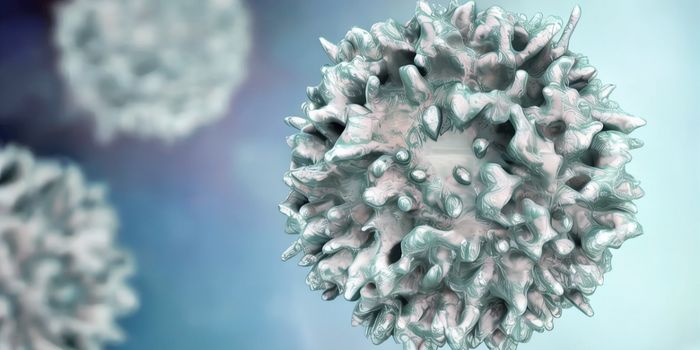Spit in the vial to test your cancer risk
A Stand Up To Cancer program is trying to improve access to genetic testing for those who might be at risk of hereditary cancers. In a trial called MAGENTA (Making GENetic Testing Accessible), almost 4,000 women from all 50 US states participated in a randomized study to evaluate unique strategies of remote pre- and post-test genetic counseling for cancer risk. The results from the trial were presented recently at the American Society of Clinical Oncology's annual meeting.
The women who participated in the trial had a family history of breast or ovarian cancer or had a family member with a known genetic mutation. The participants used a saliva kit in their own homes to conduct genetic testing for 19 genes associated with inherited cancer risk.
The results from the trial demonstrated that genetic testing can be provided remotely, which the researchers say is unequivocally timely given the current state of the country.
"The MAGENTA trial results are especially relevant now given the fact that the coronavirus pandemic is necessitating the timely and effective delivery of virtual healthcare," said Elizabeth Swisher, MD, co-leader of the Stand Up To Cancer Dream Team and director of the Division of Gynecologic Oncology at UW School of Medicine. "There are many benefits to this new design, so I do see genetic testing for medical purposes headed in this direction, regardless of the pandemic." The researchers’ work was co-funded by Ovarian Cancer Research Alliance and the National Ovarian Cancer Coalition.
Another finding from the trial showed that genetic counseling before and after testing can be skipped without causing increased distress to patients undergoing genetic testing from their home.
"These trial results are not only tangible but empowering for women with inherited risk for ovarian cancer," said Melissa Aucoin, CEO of the National Ovarian Cancer Coalition. "With the vast majority of women diagnosed in late stages, improving preventative measures can have a significant impact on the future of ovarian cancer..."
Karen Lu, MD, was the principal investigator of the study. A professor and chair of Gynecologic Oncology and Reproductive Medicine at The University of Texas MD Anderson Cancer Center, Lu commented on the implications that the MAGENTA trial holds for many at-risk individuals. "The majority of individuals meeting the U.S. Preventative Services Task Force guidelines for genetic testing have not received genetic testing or counseling. The results of this study demonstrate that using online and remote methods for preventative testing and genetic counseling can be an option to help break down barriers and expand the availability of preventative cancer care."
Sources: Stand Up To Cancer, Eureka Alert









